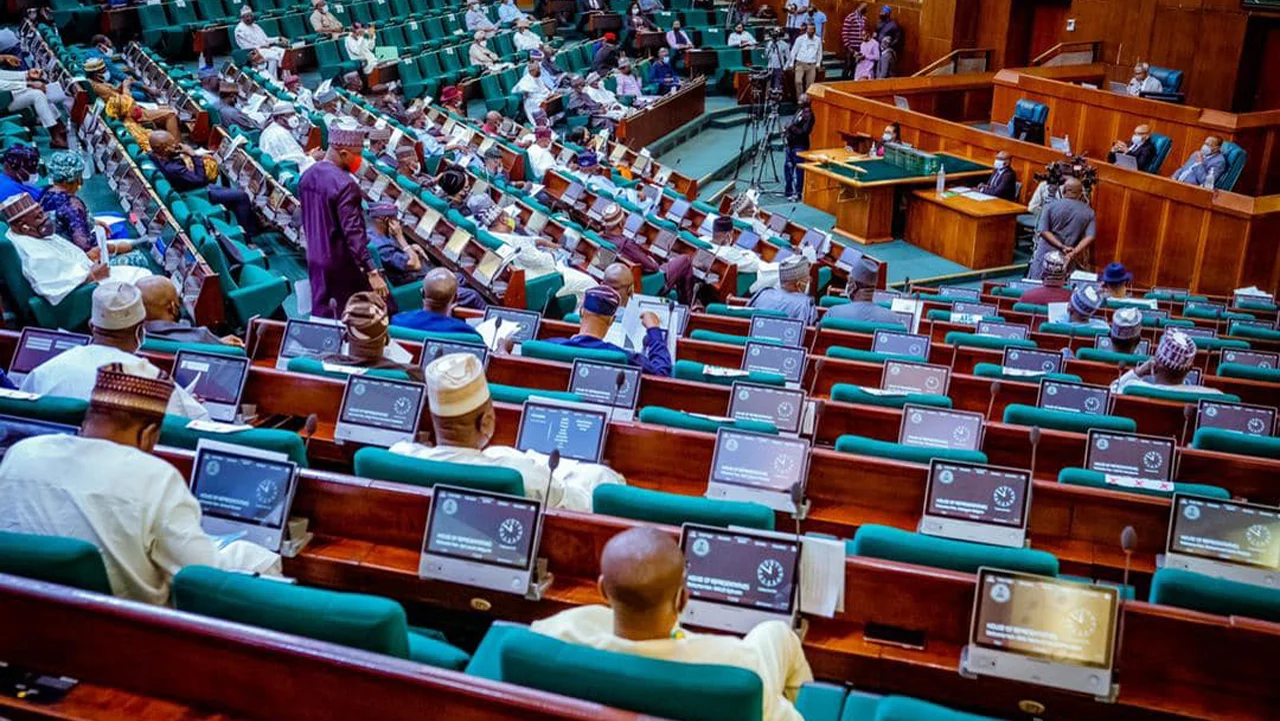Copyright tribuneonlineng

The House of Representatives on Wednesday passed through Second Reading a bill seeking to empower the Economic and Financial Crimes Commission (EFCC) and other anti-graft agencies to seize assets linked to unexplained wealth without the need for a criminal conviction. The private member’s bill, sponsored by the Chairman of the House Committee on Navy, Hon. Yusuf Gagdi, seeks to amend the Money Laundering (Prevention and Prohibition) Act, 2022. In his lead debate, Hon. Gagdi explained that the proposed amendments seek to strengthen Nigeria’s anti-corruption framework by introducing civil forfeiture mechanisms that will allow the recovery of assets whose lawful origins cannot be justified. While noting that the fight against corruption and illicit financial flows remains one of the most defining governance challenges of the time, Hon. Gagdi lamented that despite the robust provisions of the 2022 Act, proceeds of unlawful activities still find their way into the financial and property systems through sophisticated methods of concealment and layering. He said: “Mr Speaker, while the current Act provides for criminal prosecution for assets derived from illicit sources, it places a high evidential burden on law enforcement agencies that often frustrates the timely recovery of stolen assets.” “This bill seeks to strengthen the existing anti-money laundering legal framework by introducing a civil recovery mechanism that enables the recovery of unexplained wealth through non-conviction-based proceedings. While the current Act provides for criminal prosecution and forfeiture of assets derived from illicit sources, it places a high evidential burden on law enforcement agencies, often delaying the timely recovery of stolen assets.” The Plateau lawmaker lamented that many individuals who cannot justify their assets continue to live lavishly beyond the reach of the law due to evidential difficulties, legal technicalities, and deliberate delays. Hon. Gagdi explained that the proposed amendments seek to establish a clear legal pathway for civil recovery orders against unexplained wealth, empower the EFCC and other agencies to apply to a High Court for restraining orders, and require respondents to provide satisfactory explanations for the legitimate sources of their assets. He noted that the approach has proven effective in several jurisdictions such as the United Kingdom, Kenya, and South Africa in curbing corruption, deterring impunity, and facilitating the recovery of stolen public assets. “This bill is not a punitive tool, but a preventive and corrective measure designed to promote transparency, integrity, and accountability in both the public and private sectors. “It seeks to ensure that every Nigerian lives within the means of their legitimate income and that the proceeds of corruption, fraud, and criminal enterprises are not shielded by political or economic power.” He urged lawmakers to support the passage of the bill, saying it is a bold step towards ensuring that crime does not pay in Nigeria and that the nation remains aligned with global best practices in fighting corruption and illicit financial flows. After the debate, the bill was referred to the House Committee on Financial Crimes for further legislative action. ALSO READ TOP STORIES FROM NIGERIAN TRIBUNE



